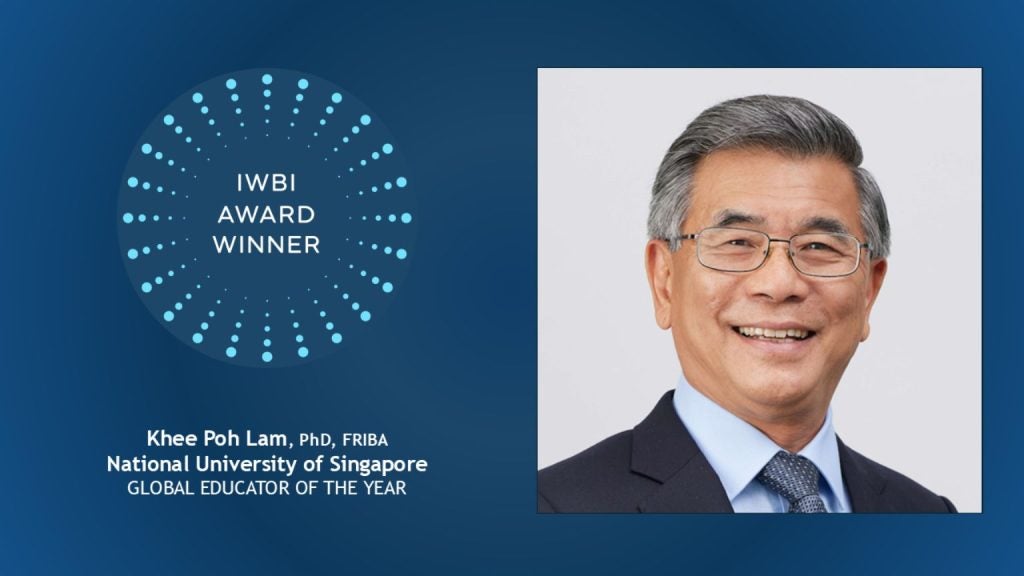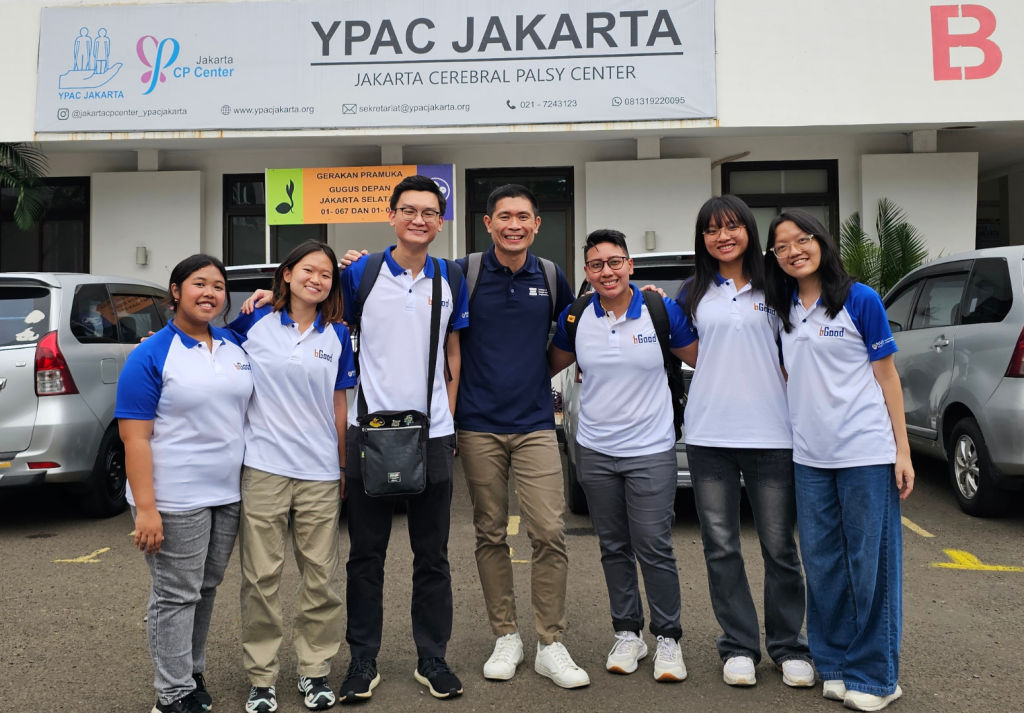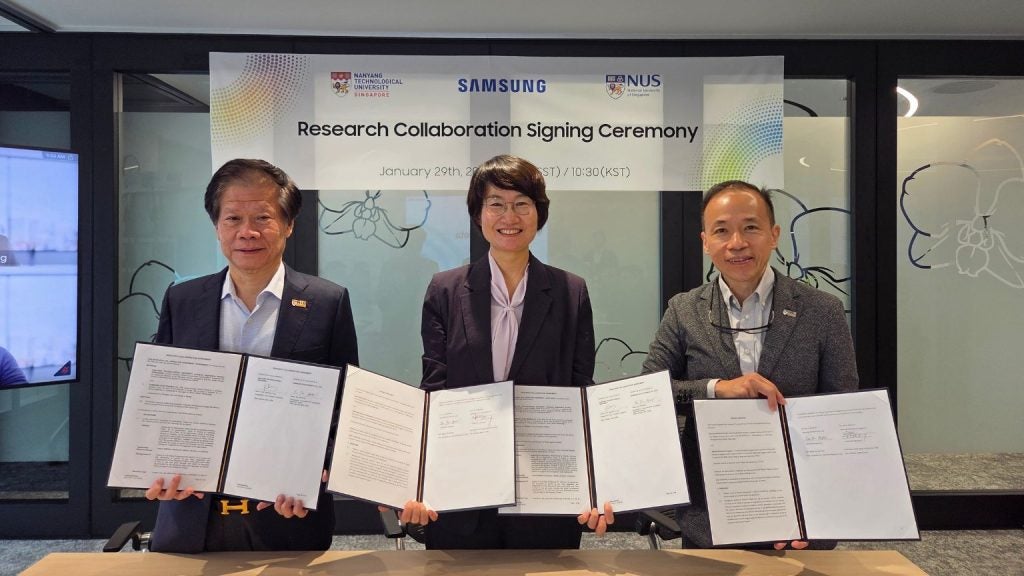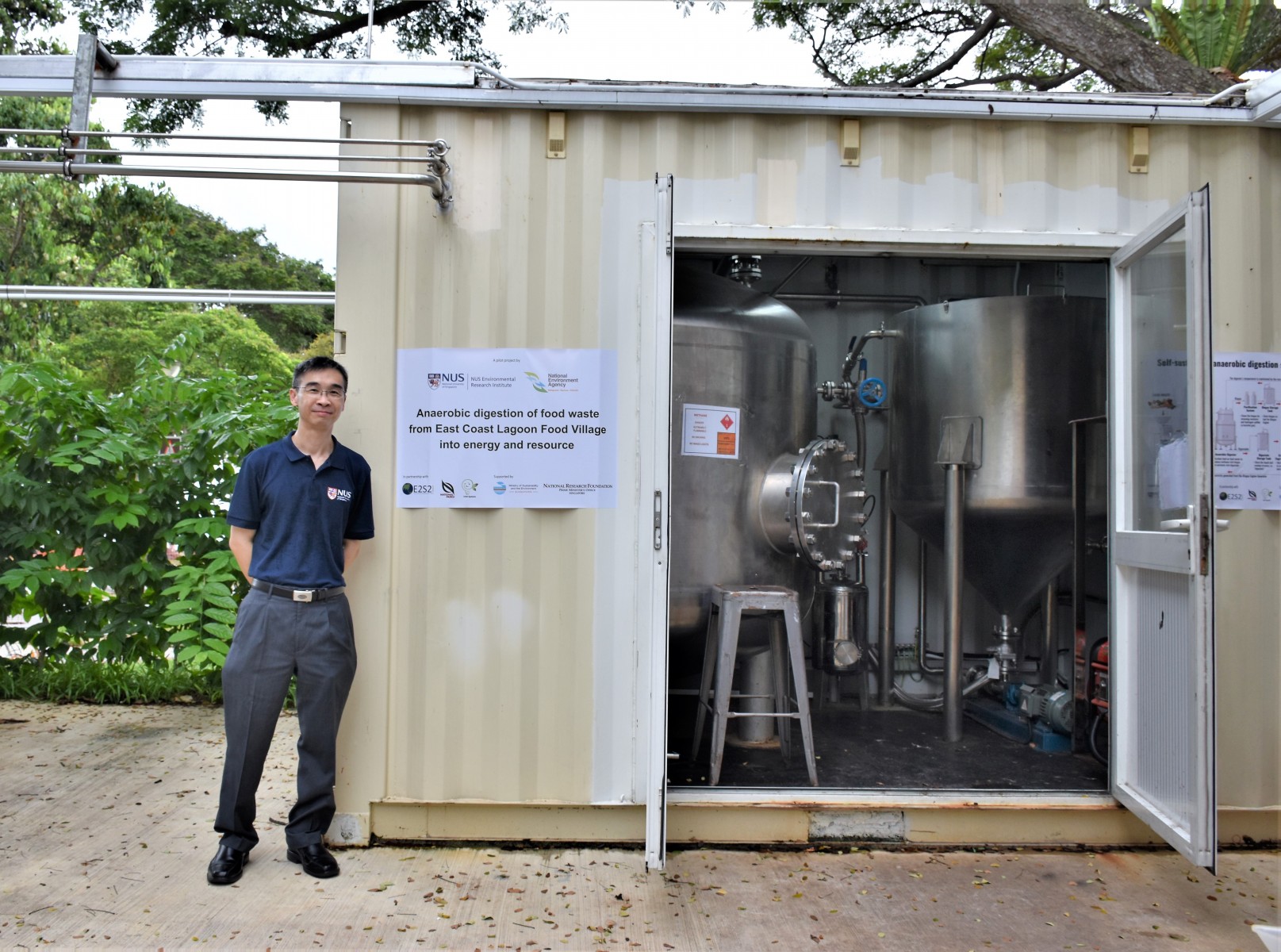
A self-sustaining food waste digester developed by a team of NUS Engineers to convert leftover food into energy and fertiliser has been deployed for testing at a Singapore hawker centre.
The anaerobic digestion system uses microbes to convert the food waste, reducing the need to send it for incineration. The system is being piloted at the East Coast Lagoon Food Village
An associated biogas engine connected to the digester converts the gas produced by the microbes into electricity, while the bio-fertiliser created is used in landscaping applications for the nearby park and elsewhere.
The electricity produced from the biogas is used both to power the system itself as well as two mobile phone charging stations for public use. Any excess can also be used to power fans at the food centre.
Tackling food waste is one of the priority waste streams identified under Singapore's Zero Waste Masterplan. In 2020, food waste accounted for about 11 per cent of the total waste generated in Singapore, but only 19 per cent of the food waste was recycled.
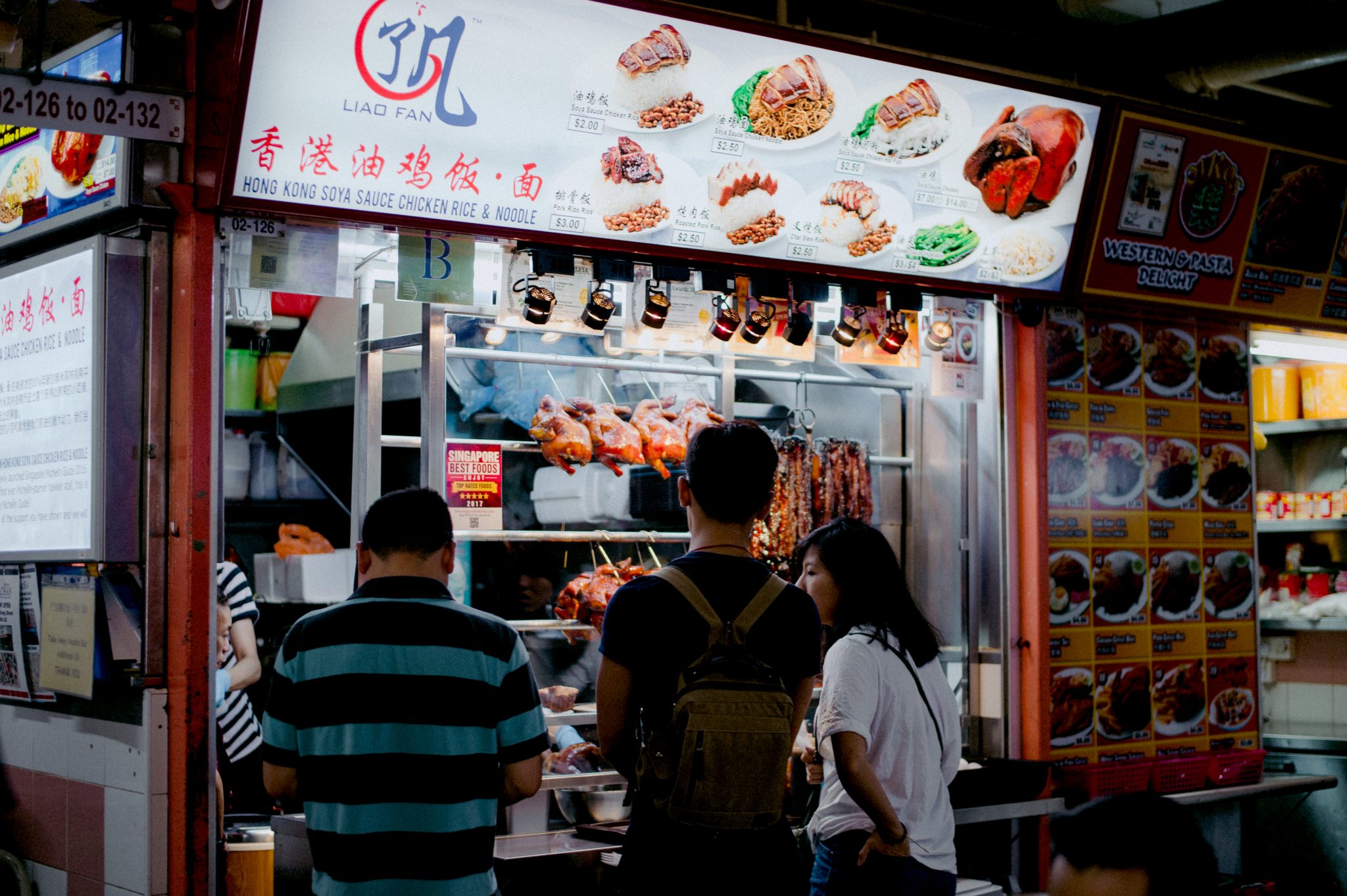
The researchers hope the wider adoption of such digester systems will make it possible to create useful products from food waste, reducing the environmental impact contribute to the growth of a circular economy.
As part of efforts to treat food waste and demonstrate the feasibility of on-site food waste treatment, the National Environment Agency (NEA) is supporting NUS in conducting the trial of the system.
The NUS team behind the system is led by Associate Professor Tong Yen Wah from the NUS Department of Chemical and Biomolecular Engineering.
Assoc Prof Tong said: "Our NUS team is excited to be leading this effort, with support from NEA and NParks, to reduce waste in Singapore and turn food scraps into a green energy resource."
"Our technology is unique because it is easy to operate, and can now generate heat, fertiliser and electricity for areas at or around the hawker centre. When coupled with the human behavioural studies, our system is no longer just mere technology, but a component of social change that will help to ensure the success of an on-site system to close the food waste loop at its source."
The team is concurrently studying the human psychology and behavioural factors in encouraging hawkers and cleaners to segregate food waste for use in the system from other waste such as packaging.
Chia Seng Jiang, Group Director for Parks East at NParks, said: "We are happy to collaborate on this pilot project with NEA and NUS to support efforts to convert food waste into energy and fertiliser at East Coast Park. NParks is working closely with NUS researchers on the experimental design of this project and practical applications of the digestate."



